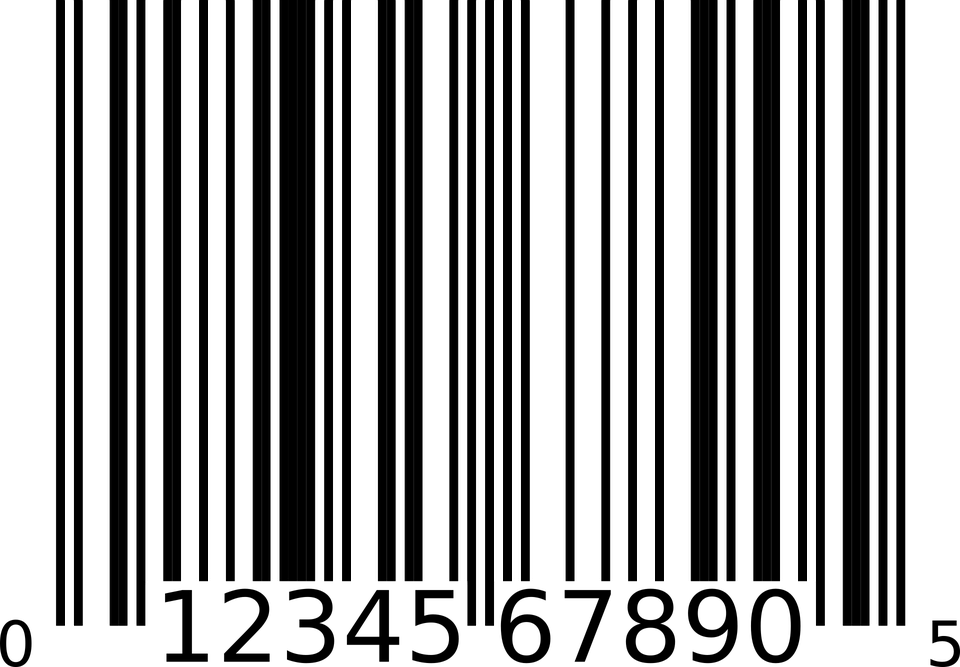The Conscious Consumer
Every time you spend money, you’re casting a vote for the kind of world you want. — Anna Lappe
We’ve all been there: Do I purchase the eco-friendly dish soap or the regular stuff? Do I buy the free-range eggs or the factory farm ones?

DOES MORALITY MATTER?
A “moral” belief is often defined by its universality. That is, we tend to think that moral beliefs should be upheld in almost all circumstances and by all people. But as we discussed last week, when shopping, our priorities seem to shift a little. Rather than acting in line with our moral beliefs, we often act in line with our wallet’s beliefs.
For example, in one study by researchers at Ohio State University, they discovered what they call “the sustainability liability:” When consumers learn certain products are made sustainably, they subsequently infer the products are of lower quality.
In one study demonstrating this effect, researchers had participants look at two separate t-shirts, one supposedly washed by a “sustainably-made” detergent and the other washed by a “normal” detergent. (In truth, the shirts were washed by a third, unscented detergent.) The researchers then asked participants which detergent they preferred, and the researchers found that participants tended to prefer the “normal” (vs. the sustainable) detergent–even though the shirts were identical!

MORAL ENVY
In research conducted by my good friend Dr. Danny Zane, he and his colleagues showed participants various pairs of jeans and manipulated the information participants could learn about them.
In one study, participants were only able to learn about one attribute of the jeans they would potentially purchase. For example, a participant could choose to learn about the style, the wash, the price, or whether it was made ethically. After making their choice, participants learned which attributes “other participants” had elected to view (which in reality were responses made by the research team).

As it turned out, the real participants who ignored the ethicality attribute later rated the others who had chosen this trait as “preachy” and “vegetarians” (used derogatorily). In truth, the real participants were making these remarks to try to repair their own self-esteem after acting inconsistently with their moral beliefs.
Altogether, it seems that participants are aware that their morals should matter; however, when it comes to the marketplace, it seems like they don’t.
THE CONSCIOUS CONSUMER
Although this research and other work doesn’t look flattering for consumers’ morals, there may be a different interpretation we can make.

With the current perspective, it seems that morals have little influence on what consumers purchase in the marketplace. However, another interpretation may be that there are simply fewer purchases/products that we apply our morals to.
For example, although I morally support environmentalism, I may not believe that purchasing eco-friendly dish soap reflects my moral beliefs. However, I may very well believe that getting gas from BP (who had that atrocious oil spill) is against my morality, and so I don’t choose to shop there. In this example, it’s not that my morality doesn’t influence my purchase decisions; I just apply my morals more selectively in the marketplace.
When it comes to your own purchases, what do you do?
Sometimes Morally,
jdt
Everyday Psychology: In my final example, you may have noticed that my morality didn’t influence my decision to support something (buy the eco-friendly soap), but it did influence my decision to oppose something (not to buy gas from BP). May there be a difference in how our moral code influences our decisions to purchase versus not purchase something? If so, why may that be?
Luchs, M. G., Naylor, R. W., Irwin, J. R., & Raghunathan, R. (2010). The sustainability liability: Potential negative effects of ethicality on product preference. Journal of Marketing, 74(5), 18-31.
Zane, D. M., Irwin, J. R., & Reczek, R. W. (2016). Do less ethical consumers denigrate more ethical consumers? The effect of willful ignorance on judgments of others. Journal of Consumer Psychology, 26(3), 337-349.








Another interesting blog Jake. And… here’s more grist for thy mill: https://aeon.co/essays/can-meditation-really-make-the-world-a-better-place
I’m glad you found the post interesting! And I’m really starting to develop a taste for the mill-grist thy provides 😉 Actually, after the last link you shared with me, I started checking out that site more regularly and opened that specific article in a tab–though, I hadn’t made the time to read it yet. Now, however, I certainly will. Thank you!